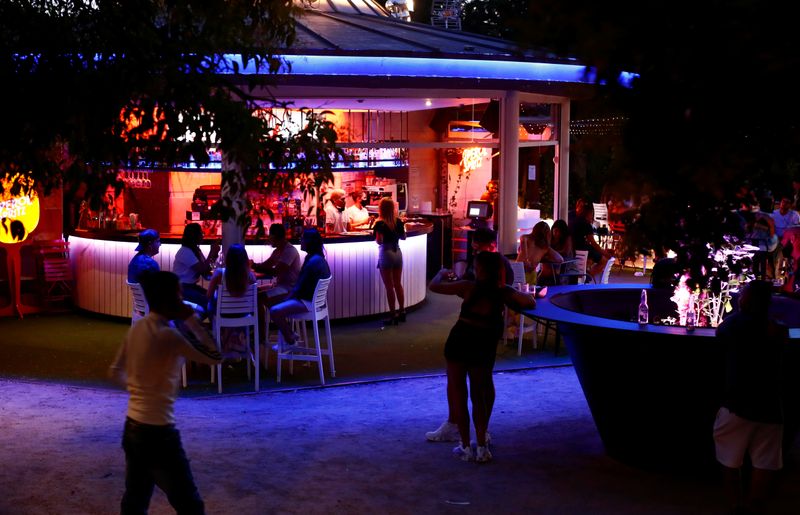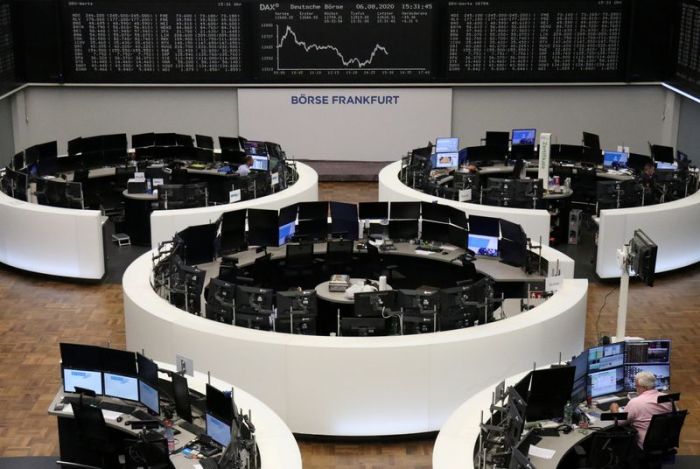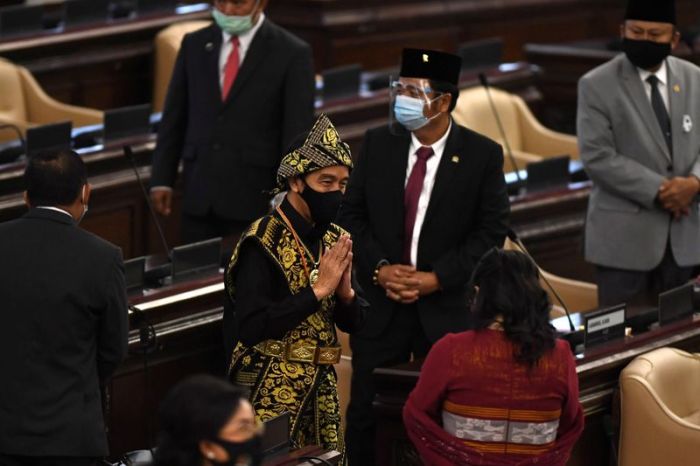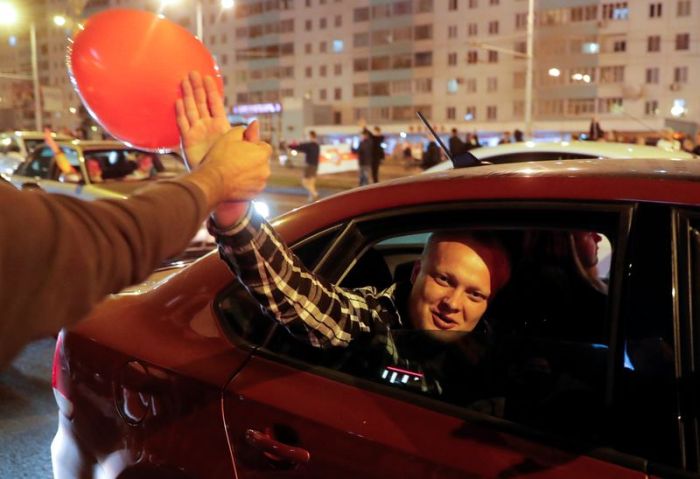MADRID (Reuters) – Spain on Friday ordered nightlife establishments to close and banned drinking on the street in an effort to stem a coronavirus resurgence – measures that caused anger and dismay in the hard-hit hospitality sector.
Smoking in public places where keeping a safe distance from people is impossible was also banned, Health Minister Salvador Illa told a news conference.
Bars and restaurants will have to down their shutters by 1 a.m. as part of the new restrictions, Illa said.
The minister also advised against gatherings of more than 10 people and specifically warned young people not to gather outside to drink alcohol, a popular practice called “botellones”.
“We cannot afford not to be disciplined,” Illa said. “We cannot ignore the virus circulating among us.”
The health ministry said the closure extended to nightlife establishments including discotheques, cocktail bars and dance halls in all Spanish territory, which would include popular holiday islands and beach resorts which depend on tourism.
Infections in Spain have risen in recent days following the end of Spain’s tough lockdown seven weeks ago.
Friday’s almost 3,000 new cases, although little changed from Thursday, were about double the average in the first 12 days of August and brought the cumulative total to 342,813 – the highest number in Western Europe.
German government sources told Reuters the country was about to declare nearly all of Spain, including the tourist island of Mallorca, a coronavirus risk region, further dashing hopes for a swift revival of mass tourism.
“They are making night leisure a crime,” Ramon Mas, head of Espana de Noche business association, told RNE radio station.
He said his group was planning to sue the government for what he sees as a rights violation that puts thousands of jobs at risk.
“We are indignant and angry,” he said.
Some regions such as Galicia and the Canary Islands had curbed smoking in public areas earlier this week.
The increase in infections has led to worries the country could return to the grim situation it experienced in early April when the daily COVID-19 death toll approached 1,000, but Illa played down such concerns.
Official data shows 62 people have died over the past week, bringing Spain’s total coronavirus death toll to 28,617.
“The situation is not comparable with March and April,” the minister said, remarking that more young people were now becoming infected but patients in general were getting less severely ill.
To curb the epidemic, authorities imposed a strict lockdown in the whole of Spain in mid-March that lasted until late June and all but wrecked the country’s tourism-dependent economy.
Still, many Spaniards hailed the new measures.
“There are many outbreaks and if measures are not taken we will have to lock down again,” said Graciela Espino in Las Palmas, on Gran Canaria island.
(Reporting by Inti Landauro and Isla Binnie; Editing by Andrei Khalip and Angus MacSwan)























